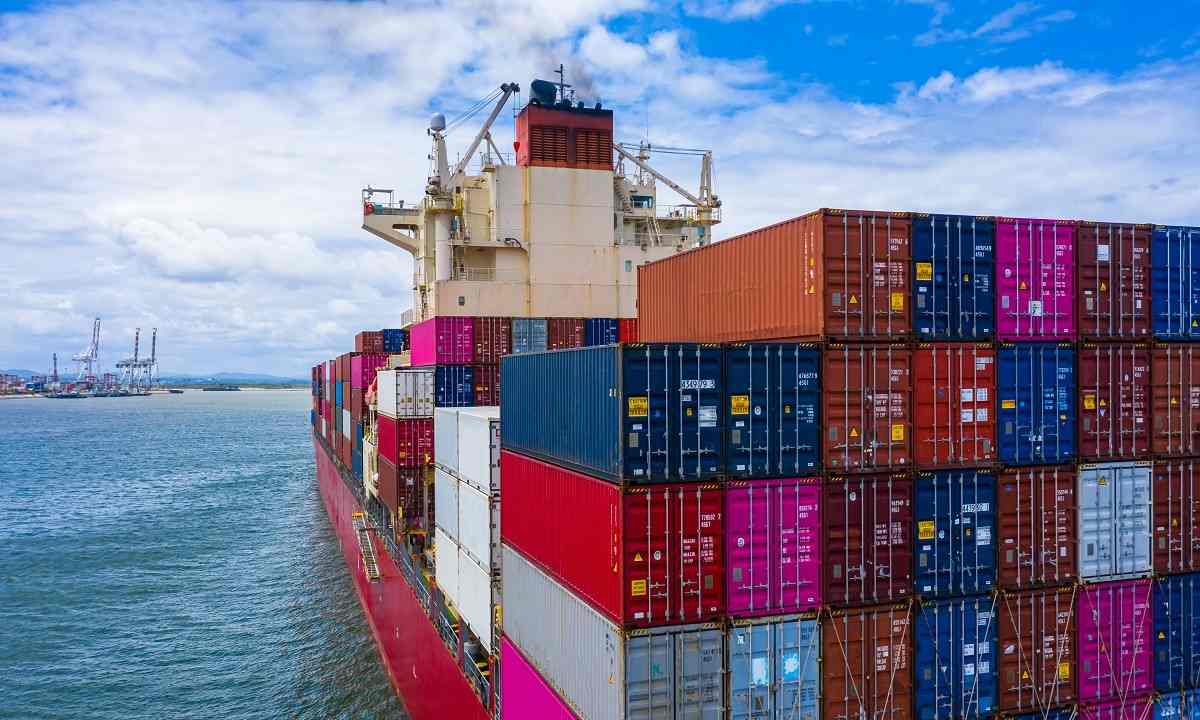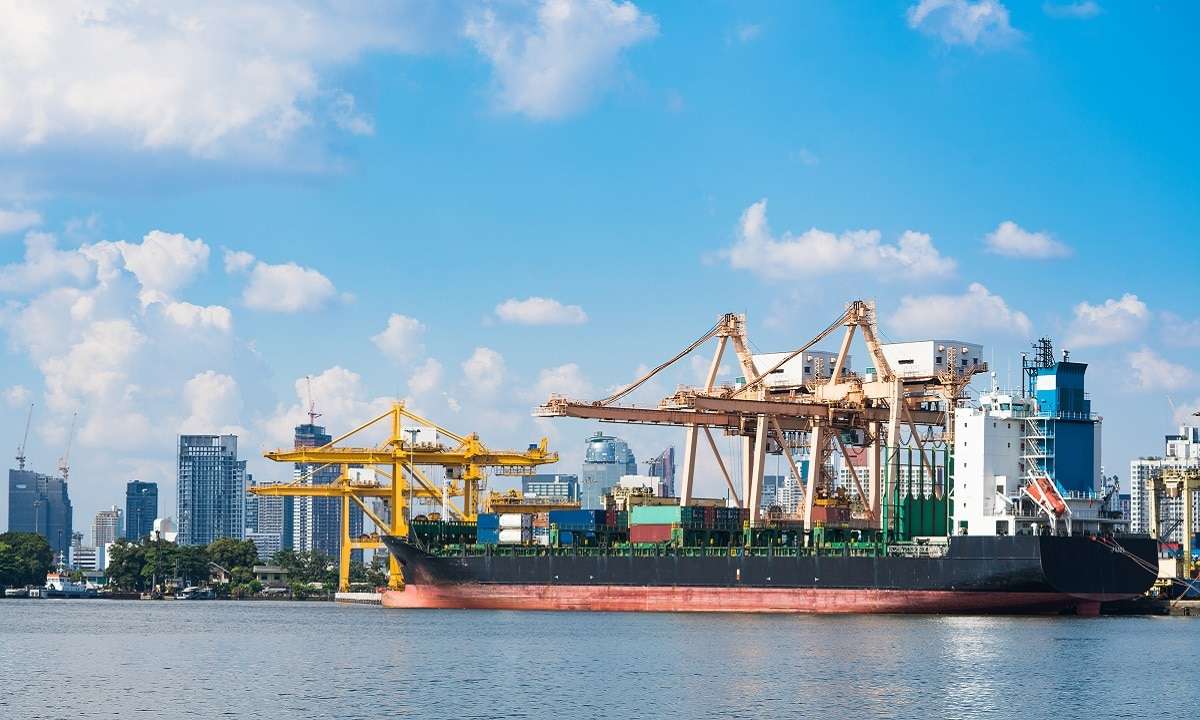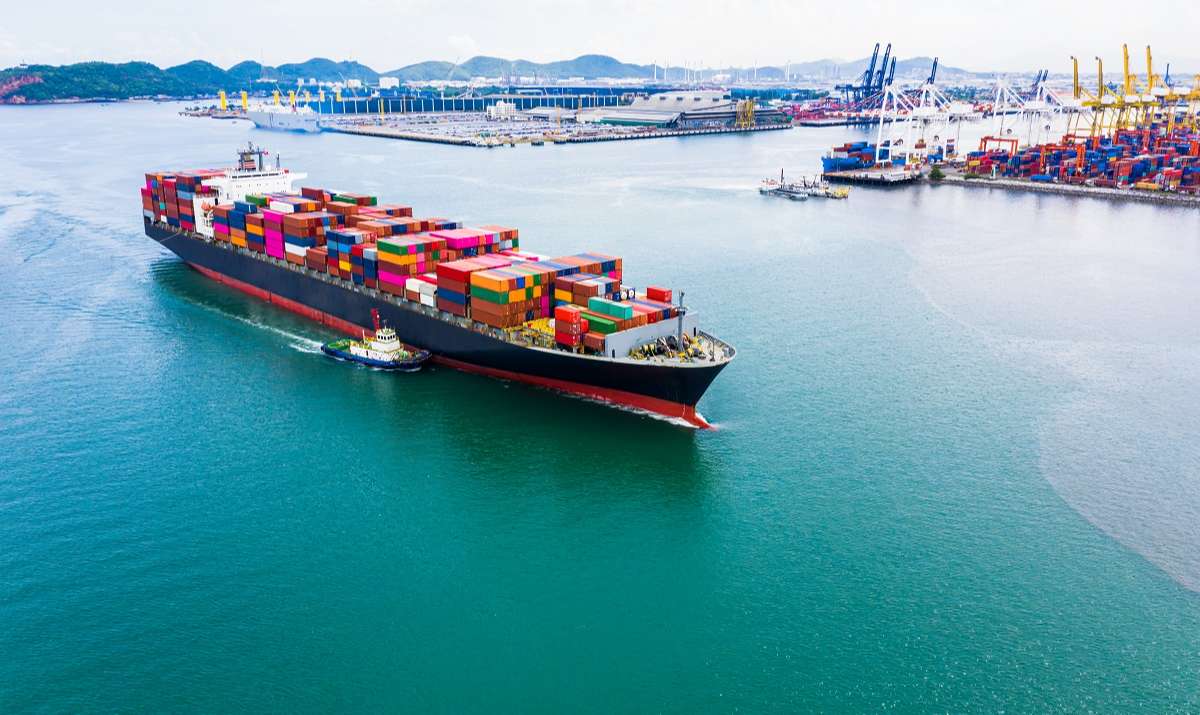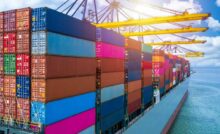Customs Lawyers in Vietnam Update on Customs Law 2014

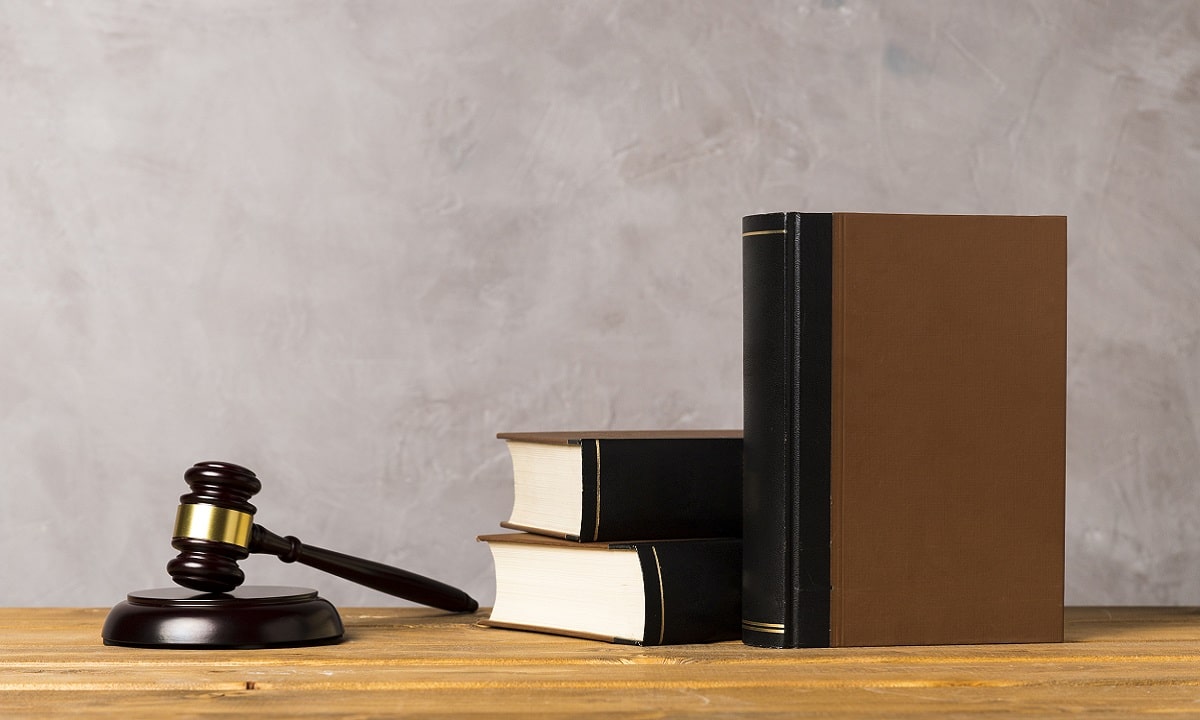
Vietnam Customs Law Update by Customs Lawyers in Vietnam
Customs laws are some of the most complex laws in any country, and Vietnam is no exception. As a result of the country’s rapidly changing economic situation and its increased globalization, the Vietnam government has had to update and revise its customs regulations frequently. Customs lawyers in Vietnam could help follow up with changes and update the client.

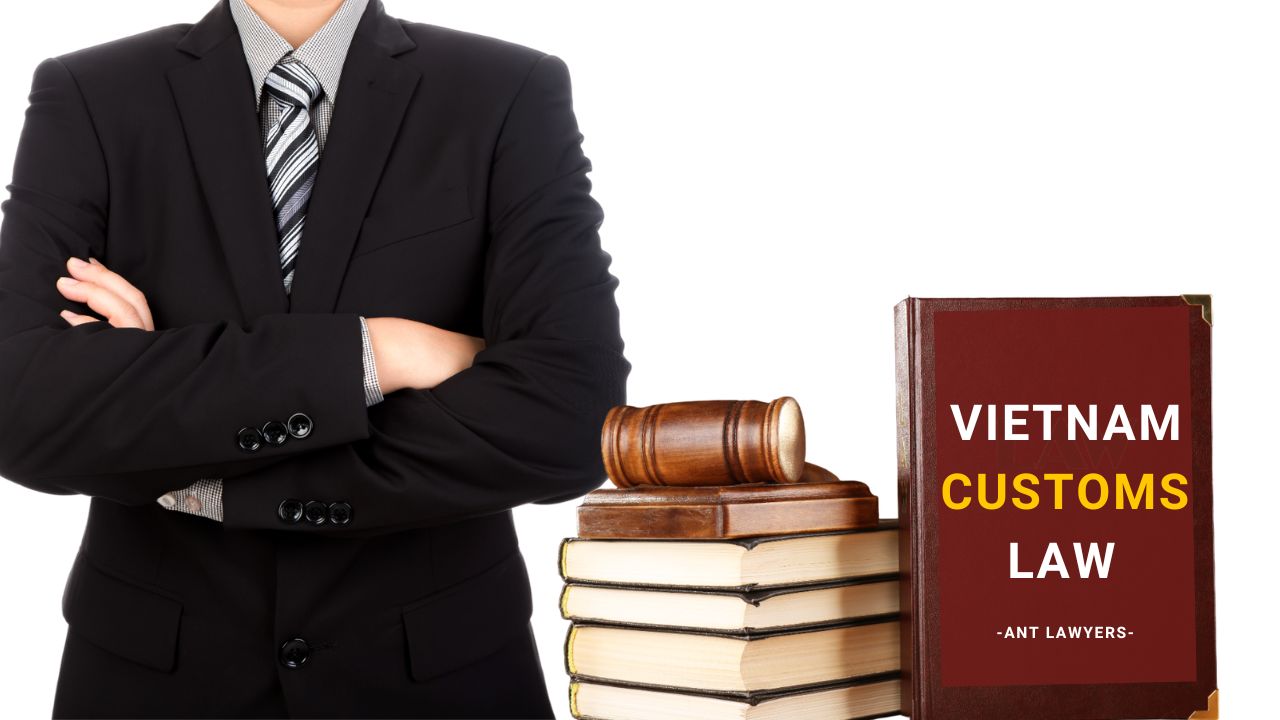
General About Customs Laws in Vietnam
On 23rd June 2014, the Vietnam National Assembly has issued the new Vietnam Customs Law. This new law comprises of 8 Chapters, 104 Articles and shall come into effect on 1st January 2015.
Accordingly, the new 2014 Vietnam Customs Law is focusing on customs procedure reform, modernization of customs administration, codify international laws on international commitment in order to meet the requirements and facilitate integration beneficial for import and export activities; improve the effectiveness and efficiency of customs operations management.
Vietnam’s customs laws are divided into two main areas: import/export regulations and taxation.
These two areas of customs law are regulated by the Ministry of Finance and the General Department of Customs, respectively.
Import/export regulations cover everything from documentation requirements to tariff rates, while taxation regulations cover the collection of customs duties and other taxes on imported goods.
Both areas of customs law are complex and often require the assistance of experienced customs lawyers in Vietnam to understand and navigate.
All imported and exported goods must comply with the requirements of the Vietnam Customs Law, which includes detailed regulations on the types of goods that can be imported and exported, as well as documentation and certification requirements.
In addition, imported and exported goods must comply with the requirements of the Free Trade Agreement which sets out rules on tariff rates and other restrictions.
It is important for businesses to understand and comply with these regulations in order to avoid delays or fines.
The taxation regulations in Vietnam are also complex. Imported goods are subject to customs duties, which vary depending on the type of goods and their origin.
In addition, businesses may be required to pay other taxes, such as value added tax, excise tax, and stamp duty.
Highlights of Customs Laws in Vietnam 2014
Article 23 of the law regulates the custom documents towards reducing the numbers of papers of customs documents required in the relevant documents to be submitted when doing customs procedures i.e. commercial invoices, import-export document. Custom documents can also be in writing or electronic invoices.
Besides, the new Vietnam Customs Law boosts the management practices from pre-check to post-check. Mechanism of post-clearance inspection for a period of 5 years is strictly specified in terms of objects, conditions and sanctions when a violation is detected. This provision not only facilitates but also tightly controls the flow of goods to ensure that it is in compliance with the customs declaration.
Clause 6 Article 88 of the 2014 Vietnam Customs Law regarding the jurisdiction of the customs authorities in the application of prevention of smuggling and illegally transporting goods across borders has been supplemented to detail the measures to control custom.
In addition, the provisions of Article 92 stipulates that Customs agency, customs officers shall be equipped with and using professional technical facilities, weapons, support tools, flags, signal flares, lights, screening, biochemical technology, mechanical equipment, electrical, electronic and other means as prescribed by law to perform the task of preventing and battling against smuggling, illegal transport of goods across the border. The equipment and the use of weapons and tools to support prescribed by law shall be governed in complied with regulations for management and use of weapons, explosives and support tools. These are important provisions to prevent and battling against smuggling, illegal transport of goods across the border.
How Customs Lawyers in Vietnam Can Help?
Customs lawyers in Vietnam can play an essential role in helping companies to navigate through the various complexities of customs laws in Vietnam.
Customs lawyers in Vietnam could help review the internal documents to ensure it reflect the current changes in customs laws.
In particular, the customs lawyers in Vietnam can help to interpret the rules and regulations in order to ensure that companies are in compliance with the current laws.
Further, customs lawyers in Vietnam provide legal advice on compliance, and help represent the client to work with Customs Authorities for clarifying decisions, and or file disputes on administrative matters, HS code application, tax level… to protect the client’s best interests.
ANT Lawyers, a Law Firm in Vietnam
We help clients overcome cultural barriers and achieve their strategic and financial outcomes, while ensuring the best interest rate protection, risk mitigation and regulatory compliance. ANT lawyers has lawyers in Ho Chi Minh city, Hanoi, and Danang, and will help customers in doing business in Vietnam.
How ANT Lawyers Could Help Your Business?
You could learn more about ANT Lawyers Trade Practice or contact our Customs law firms in Vietnam for advice via email ant@antlawyers.vn or call our office at (+84) 24 730 86 529
Recent Posts
5 Essential Lessons from Risk Management in Digital Assets in Vietnam: Protecting Trust in a Digital World
Trust Is the Real Currency Money can be lost. Tokens can vanish. Platforms can crash.…
5 Powerful Reasons Why Vietnam Digital Asset Sandbox Is a Bold and Hopeful Move for Innovation
Change is fast. Rules are slow. But innovation can’t wait. As digital assets grow, so…
4 Critical Steps to Effectively Terminate The Employment Contracts with Confidence and Compassion
To terminate the employment contracts can be a complex and often sensitive process, especially when…
8 Insights from a Due Diligence Attorneys in Vietnam for Successful M&A Deals
Navigating the complex landscape of mergers and acquisitions (M&A) in Vietnam can be a daunting…
What 7 Crucial Truths About Arbitration in Vietnam Every Foreign Company Must Know Today?
Let's face the fact, as business owners or directors, would you normally look at dispute…
7 Crucial Legal Challenges Fintech Law Firms in Vietnam Can Help You Overcome for Business Success
Vietnam’s fintech sector is experiencing rapid growth, catching up with the trend of digital financial…
